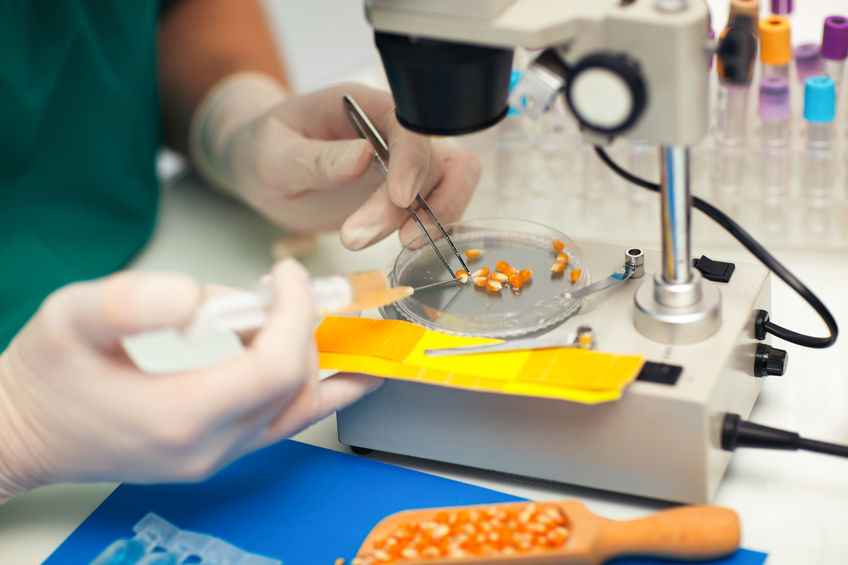Public back gene-editing tech as climate worries rise

The public want farmers to have access to new precision breeding techniques such as gene-editing to respond better to climate change, a new survey says.
It indicates rising concern about the environment following a summer of droughts and heat waves, including the hottest temperatures recorded in Europe since records began.
The YouGov survey of over 2,000 adults, carried out on behalf of the Agricultural Biotechnology Council, shows public enthusiasm for new approaches to farming in light of these extremes.
The majority of those surveyed (81%) agreed that farmers should be able to benefit from innovations that could help them play their role in meeting the UK goal of reaching net-zero by 2050.
Three-quarters (75%) of respondents agreed that one of the key advantages of embracing innovations in agriculture is the reduction in the UK’s reliance on imports from other countries.
In recognition of increasing food security worries, only a fifth backed organic farming, with the public focused on making food production a more sustainable process using innovative farming techniques.
Meanwhile, a small minority (15%) of those polled said reducing the amount of landed needed for farming is a priority.
The findings come ahead of the government’s response to its consultation on the future regulation of gene editing in the UK.
The consultation focuses on stopping certain gene editing organisms from being regulated in the same way as genetic modification (GM), as long as they could have been produced naturally or through traditional breeding.
Gene editing is different to GM where DNA from one species is introduced to a different one, as gene edited organisms do not contain DNA from different species.
Instead, they only produce changes that could be made slowly using traditional breeding methods.
But at the moment, due to a legal ruling from the European Court of Justice in 2018, gene editing is regulated in the same way as genetic modification.
Advocates of the technology say gene editing would enable farmers to produce higher-yield harvests with a lower environmental impact.
But environmental groups warn that the long-term health and environmental impacts of crops engineered with gene editing are as yet untested.
The government recently approved a trial in which scientists will genetically engineer wheat to reduce levels of asparagine, which is considered carcinogenic.
Mark Buckingham, chair of the Agricultural Biotechnology Council, said it was vital that farmers were equipped to access all the tools available amid climate extremes.
"If UK food production is to remain both resilient and sustainable farmers must have access to technologies like gene editing," he said.
“The role agricultural technology can play in helping reach net zero ambitions and meet the UN’s Sustainable Development Goals cannot be understated.
"Therefore, it is important that farming and innovation is on the agenda at COP26."
The NFU recently said that farmers should be given the choice to access new precision breeding techniques now the UK is out of the EU.
The union, in its response to the government’s consultation, said techniques such as gene editing could protect crops and animals from pests and disease.
It could also help farmers deliver the UK's net zero ambitions and allow the industry to produce more home-grown food.








